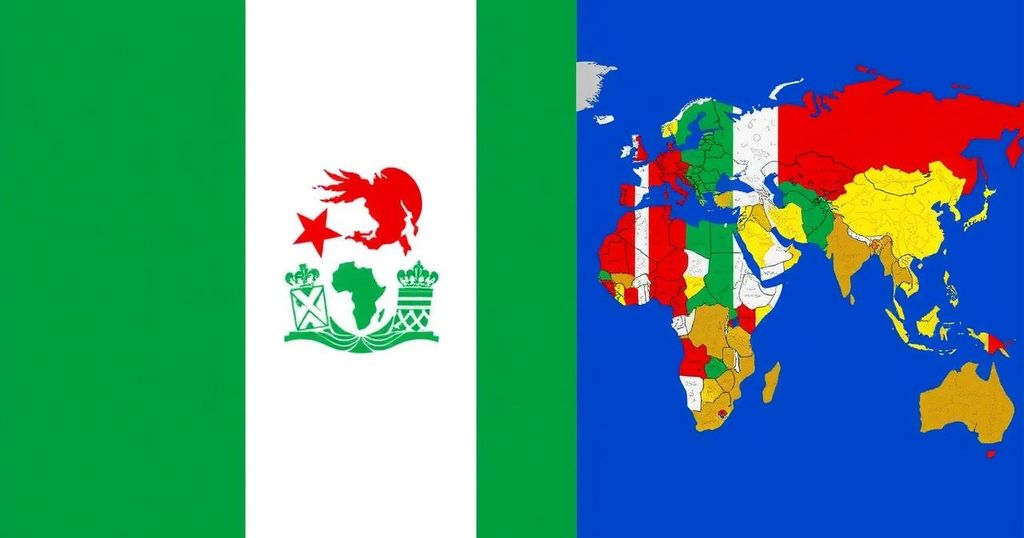Nigeria, along with 12 other nations, has been accepted as partner countries in the BRICS group during the summit in Russia. Despite the addition of new partners, no countries will be admitted as full members in 2024, as the new nations prepare to pursue full membership in the future. BRICS originally consisted of large, rapidly growing economies identified in 2001 by economist Jim O’Neil.
The conclusion of the BRICS summit in Russia marked a significant development, as Nigeria, along with 12 other nations, has joined the group as partner countries. In total, 13 new countries have been accepted into the BRICS framework as partners, indicating a strategic expansion of the alliance. However, BRICS has chosen not to admit any additional countries as full members for the year 2024; instead, these partner nations are expected to work towards achieving full alliance membership in the future. BRICS currently comprises the following full members: 1. Brazil 2. Russia 3. India 4. China 5. South Africa 6. United Arab Emirates (UAE) 7. Iran 8. Egypt 9. Ethiopia The official partner countries now include: 1. Algeria 2. Belarus 3. Bolivia 4. Cuba 5. Indonesia 6. Kazakhstan 7. Malaysia 8. Nigeria 9. Thailand 10. Turkey 11. Uganda 12. Uzbekistan 13. Vietnam. The establishment of BRICS initially stemmed from a concept introduced by economist Jim O’Neil from the investment bank Goldman Sachs in 2001, where he coined the term “BRIC” to represent Brazil, Russia, India, and China. The group was formed in response to the rising influence of these large, middle-income countries with rapidly growing economies, which O’Neil projected could potentially emerge as global economic leaders by 2050. The BRIC alliance was officially formed in 2006, and South Africa joined in 2010, solidifying the organization as BRICS.
The BRICS group originated from the necessity for emerging economies to collaborate and assert their influence in the global economic sphere. As economic power shifts towards these nations, the formation of BRICS serves as a collective endeavor to enhance their political and economic leverage on international platforms. The recent induction of additional partner countries highlights the group’s ongoing expansion and its intent to encompass more emerging economies in its initiative, allowing for increased cooperation and potential future membership.
In conclusion, Nigeria has joined BRICS as part of a broader strategy to expand the group through the inclusion of 13 new partner countries. While no additional full members will be accepted in 2024, this expansion underscores BRICS’s commitment to working with emerging economies. The evolution of BRICS reflects the changing dynamics in global economics, emphasizing collaboration among nations to position themselves as influential players on the world stage.
Original Source: www.bbc.com






